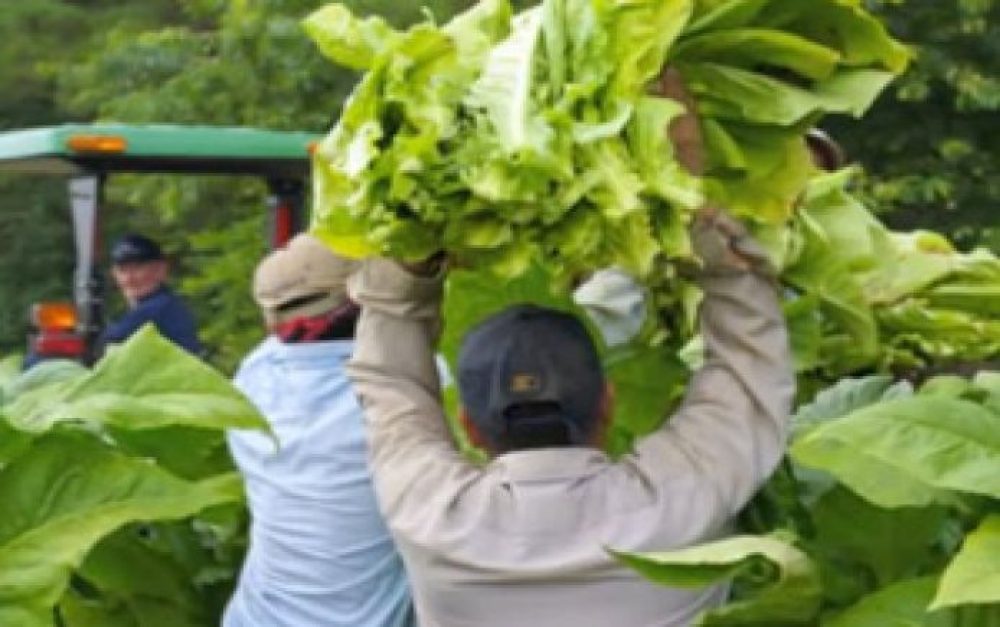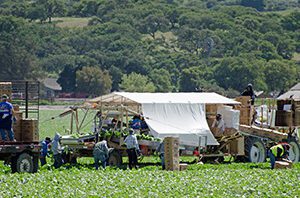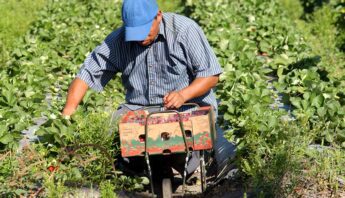Today, PAN and our partners at Earthjustice and Farmworker Justice filed a legal petition demanding that EPA act quickly to better protect farmworkers from hazardous pesticides. These much needed changes would be the first improvements in farmworker protection rules since 1995. The move is long overdue.
Back in 2000, five years after the Worker Protection Standard (WPS) for U.S. farmworkers was first implemented, EPA held a series of meetings around the country to get feedback on how well the rule was – or was not – protecting farmworkers. During those meetings, and throughout the 11 years since, PAN and our partners have been raising serious concerns and strongly recommending essentially the same set of changes – to no avail.
Basic on-the-job protections missing
These recommendations form the basis of today's legal petition. In brief, we're demanding workers be provided the following:
- training on pesticide hazards and protections (more often than once every five years);
- easy-to-access information about which pesticides are used where, and health hazards associated with each chemical;
- no-spray buffer zones around fields where farmworkers are present;
- adequate protective equipment, decontamination facilities, and areas to store and changing into clean clothes; and
- special protections for young workers and workers who are or could be pregnant.
The petition also calls for pesticide use records on all farms (like what’s already required in California), and creation of a national system to report pesticide-related illnesses and injuries, including an online database.
And we are calling for medical monitoring of agricultural workers and handlers who regularly handle especially hazardous pesticides (toxicity Category I and II organophosphate and n-methyl carbamates) to evaluate whether they are being exposed to dangerous levels of these chemicals. To date, such testing is required only in California and Washington.
Many of these are basic protections already afforded non-agricultural workers throughout the country. It is unconscionable that the 1.4 million farmworkers upon whom we all depend continue to be excluded — by federal policy — from basic protections on the job.
We hear EPA plans to propose revisions to the WPS early next year. After today's legal filing, they'll finally be seriously considering our recommendations. Stay tuned.








